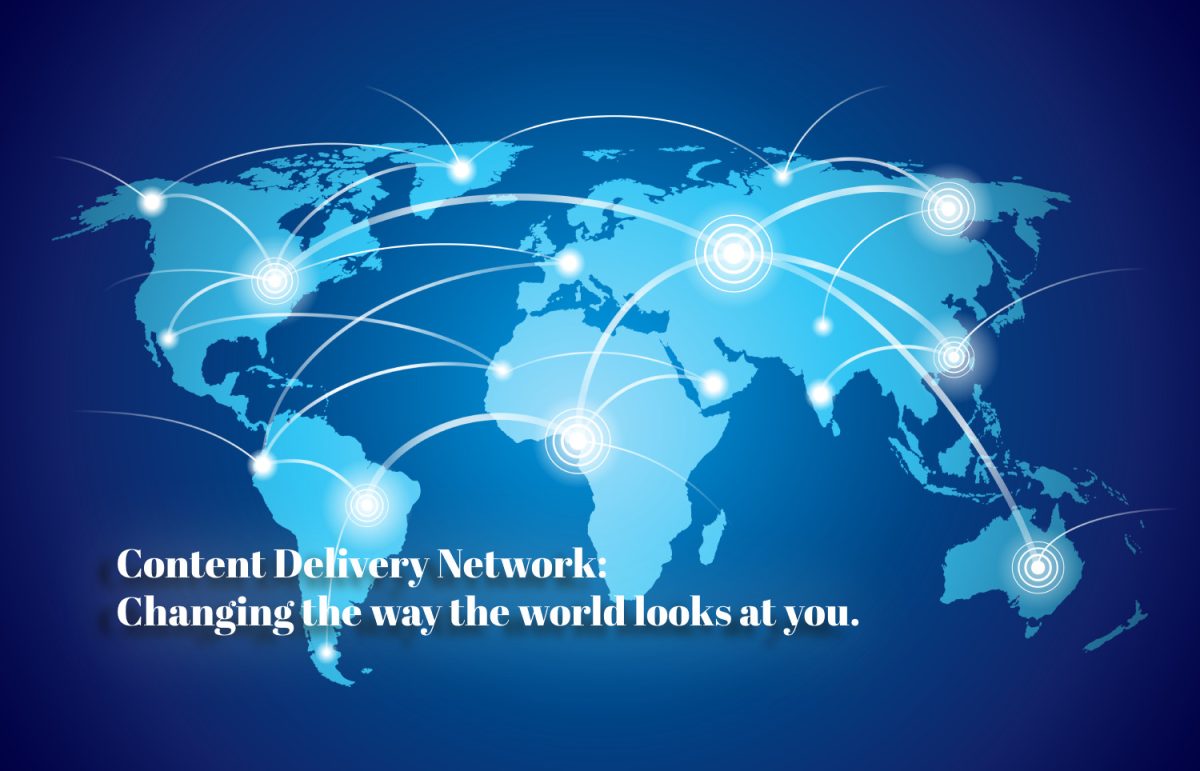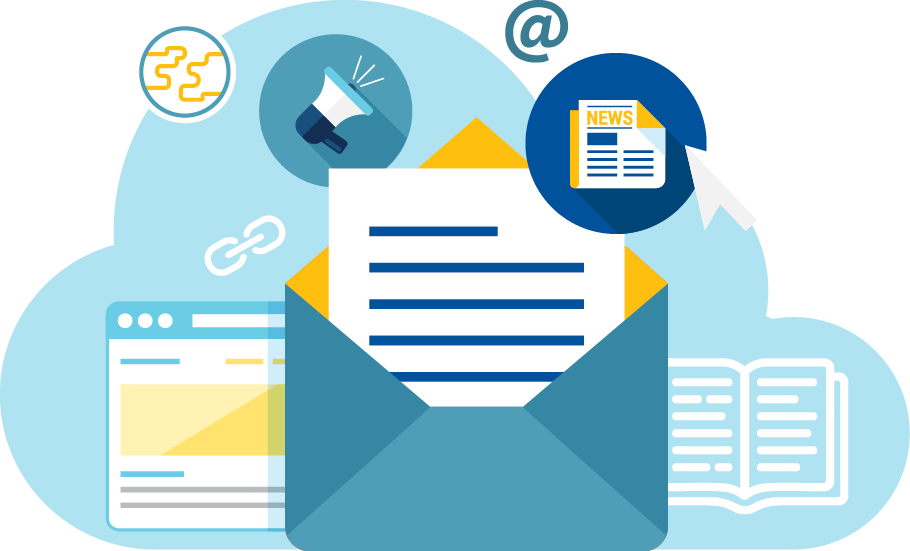Introduction
Artificialintelligence (AI) is a rapidly developing field with the potential to revolutionize many aspects of our lives. AI is already being used in a variety of ways, from self-driving cars to medical diagnoses. However, there are also concerns that AI could pose a threat to humanity.
In this blog post, we will explore the potential risks and benefits of AI. We will discuss how AI could be used to improve our lives, as well as how it could be used to harm us. We will also discuss the ethical implications of AI development and use.
Positive Impacts of AI
AI has the potential to improve our lives in many ways. For example, AI can be used to:
- Automate tasks that are currently done by humans, freeing up our time for more creative and fulfilling activities.
- Improve the accuracy of decision-making, by providing us with access to more data and analysis than we could ever process on our own.
- Create new products and services that we never even imagined possible.
In addition to these general benefits, AI has the potential to make specific contributions to several different fields, including:
- Healthcare: AI can be used to develop new drugs and treatments, diagnose diseases more accurately, and provide personalized care to patients.
- Education: AI can be used to create personalized learning experiences, provide feedback to students, and grade papers more accurately.
- Business: AI can be used to automate tasks, improve customer service, and make better business decisions.
Negative Impacts of AI
While AI has the potential to improve our lives in many ways, there are also concerns that it could pose a threat to humanity. Some of the potential risks of AI include:
- AI could be used to create autonomous weapons that could kill without human intervention.
- AI could be used to manipulate people and control their behavior.
- AI could lead to mass unemployment, as machines become capable of doing many of the jobs that are currently done by humans.
In addition to these specific risks, there is also the general concern that AI could become so intelligent that it surpasses human intelligence and becomes a threat to our existence. This is known as the “AI control problem.”
Ethical Implications of AI Development and Use
The IT solutions development companies that use AI raise several ethical concerns. For them, some of the key ethical issues include:
- The fairness of AI systems: AI systems should be designed to be fair and unbiased. However, it can be difficult to ensure that AI systems are fair, as they are often trained on data that is biased.
- The transparency of AI systems: AI systems should be transparent so that people can understand how they work and make informed decisions about their use. However, it can be difficult to make AI systems transparent, as they often use complex algorithms that are difficult to explain.
- The accountability of AI systems: AI systems should be accountable for their actions. However, it can be difficult to hold AI systems accountable, as they are often owned and operated by large corporations or governments.
Conclusion
AI is a powerful technology with the potential to both improve and harm our lives. It is important to be aware of the potential risks and benefits of AI and to develop ethical guidelines for its development and use. Only then can we ensure that AI is used for good and not for evil.


